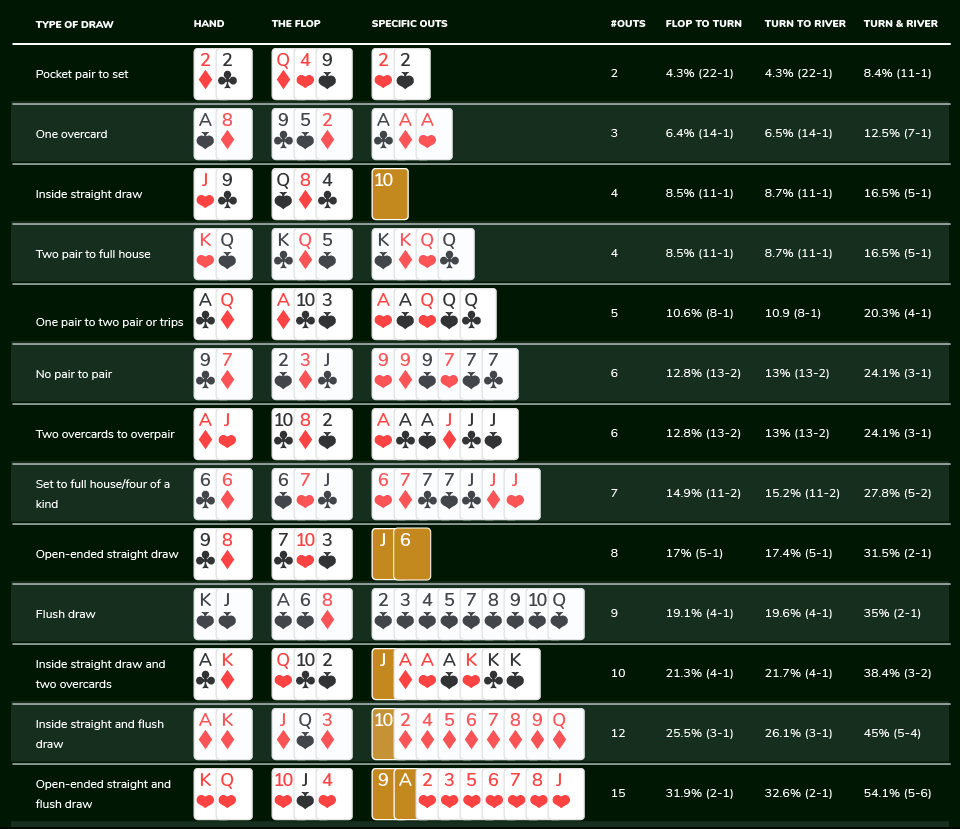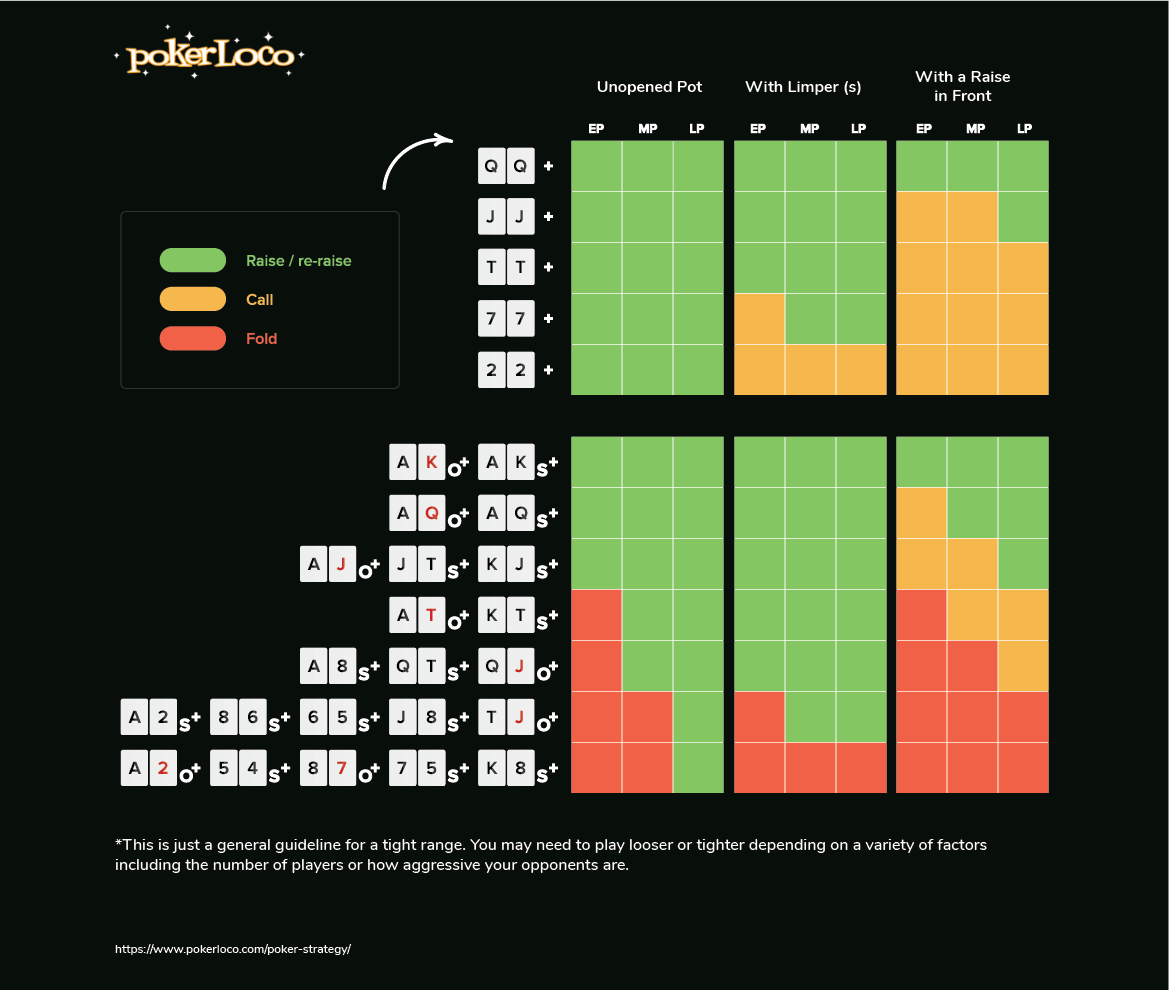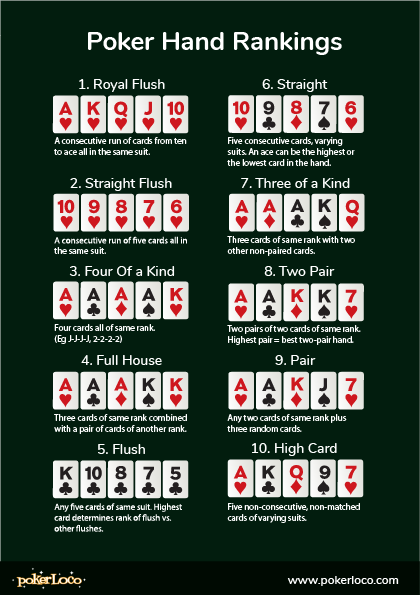Omaha Poker
The History of Omaha Poker
Just like Texas Hold ‘Em, Omaha is a relatively new poker game that has only come to prominence in recent years.
Because of its name, many people have assumed that Omaha poker was a game founded in the frontier era and played as a Wild West card game throughout the 18th century. However, the game is actually much newer and has only become popular in recent years.
The exact origins of the game remain unclear, but it is said that Omaha poker started its life as another poker game called Twice Three.
First played in the city of Detroit in the 1970s, Twice Three followed the same basic game rules as Omaha Poker. The only difference was that Twice Three players were dealt five cards rather than the four cards received in Omaha.

A disadvantage of the classic Twice Three game was its maximum player limit. Only 8 players could participate in each game.
Early four-card Omaha could be distinguished from other poker games with local names and variations like Nine Cards, Oklahoma Two by Four and Fort Worth.
Omaha poker as we know it today is said to have started life in Las Vegas in the early 1980s, becoming popular in well-established casinos including The Golden Nugget.
The modern game of Omaha poker was given a new lease of life in 1983, when high-profile poker tournaments hosted by the Stardust casino helped to popularise the game and bring high-limit Omaha poker tournaments to the masses.
Since then, the popularity of the game has only continued to grow. As with Texas Hold ‘Em, Omaha poker is a poker game that is particularly well suited to online casino play.
Technological advancements like high-speed internet and payment processing systems have allowed online casino platforms to provide their players with top-quality Omaha poker play.
Today, the vast majority of online casinos provide comprehensive Omaha poker options, encompassing all of the most popular Omaha poker variations.
Omaha Poker Rules
Omaha is a community card poker game for 2-10 players.
 Omaha Poker Hands Explained
Omaha Poker Hands Explained
You must buy in to the table before you can take a seat and start betting. Some online platforms may impose a small house fee as part of the buy-in requirement.
A minimum of three players will share the responsibility of the dealer. This is indicated by the ‘dealer button.’
Omaha poker betting rounds are more or less identical to those of Texas Hold ‘Em, and the game structure remains the same. There are initial ‘blind’ bets, a flop, a turn, a river and the showdown.
A player can win a game of Omaha poker by either eliminating other players from the table or constructing the most valuable poker hand from the cards at their disposal.
If the game comes to a showdown with all players remaining, the player holding the hand of the highest value will claim the winning pot.
Omaha Poker Strategy
It is essential for any Omaha poker player to be aware of the various strategies, tactics and playing styles that their opponents may employ at the table. It is also important to remember that due to its speed, Omaha poker should be approached with some financial caution.
Generally, Omaha players should only enter a real money game if they are holding enough cash to cover a minimum of 50 buy-ins. Because the pace of Omaha poker is so fast and your luck can change in the drop of a hat (or the turn of a card), it is essential to play within your means.

By imposing a cap on your playing budget or sticking to tight, pre-formulated playing behaviours, you can limit your chances of suffering any heavy financial loss.
Another way to regulate your spending in such a fast-paced game is to stick to fixed limit tables and avoid any games with high limits.
When you are playing at a table, always keep in mind that fortunes can turn more quickly in Omaha than almost any other poker game. Make sure to play tight and smart, and only make bold bets if you are sure of a payout.
Sample Showdown
Before taking a seat at the Omaha poker table, it is essential that you fully get to grips with the hand values of the game. This will allow you to determine the strength of your hand and weigh it against the potential strength of your opponents’ hands when under pressure.

Luckily, the hands you will encounter in the showdown are exactly the same as those in Texas Hold ‘Em. This should make it easy for poker players to adapt.
Check out this list of Omaha hands. The following hands are ranked in descending order of value:
- Royal Flush – A 10, Jack, Queen, King and Ace of the same suit.
- Straight Flush – Any five cards of the same suit and in sequential order.
- Four of a Kind – Any four cards of the same numerical value.
- Full House – One pair plus three of a kind.
- Flush – Any five cards belonging to the same suit.
- Straight – Any five cards in sequential order.
- Three of a Kind – Any three cards of the same numerical value.
- Two Pair – Any two pairs.
- One Pair – Any two cards of the same numerical value.
- High Card – The single highest card in one’s hand.

Omaha Poker Popularity
As the second most popular poker game in the online casino market, Omaha poker is only increasing in popularity. It continues to attract an influx of new players despite the slowing momentum of Texas Hold ‘Em, which is said to have reached its peak in the 2000s.
For legions of Texas Hold ‘Em and No-Limit Hold ‘Em players looking for a fresh and exciting new game to play, Omaha poker and its many variations (most notably pot-limit Omaha) have proved an irresistible alternative.
Although pot-limit Omaha poker may be a slightly more complicated game than its older sibling, the game stands as an attractive alternative to Hold ‘Em as it uses the same basic rules and game progression.
Basically, all you have to do to change a game of No-Limit Hold ‘Em into a game of Omaha poker is add two extra hole cards. For this reason, the game continues to surge in popularity with poker players, especially those who enjoy playing Hold ‘Em or have experience playing classic draw poker.
Similar Poker Games
There are countless Omaha poker variations. These include games like Omaha Hi-Lo, Pot Limit Omaha, Five Card Omaha, Six Card Omaha, No Limit Omaha and Courchevel.
Courchevel is an interesting variation in that players are dealt five hole cards. This differs from the number of cards dealt in Texas Hold ‘Em (two) and classic Omaha (four).
As well as a whole host of variations, classic Omaha poker is strikingly similar to other poker games that players may be more than familiar with.
Omaha poker’s closest relative is undoubtedly Texas Hold ‘Em, which shares many of the same characteristics including game structure. Any Texas Hold ‘Em player will feel right at home at the Omaha poker table.
The main difference between Texas Hold ‘Em and Omaha poker is that Omaha poker players receive four hole cards. A poker game can only be correctly labelled as an Omaha poker game if players are issued four initial hole cards.
As well as the number of hole cards, another key difference is that Omaha poker players can only use two hole cards and three community cards to construct a hand.

